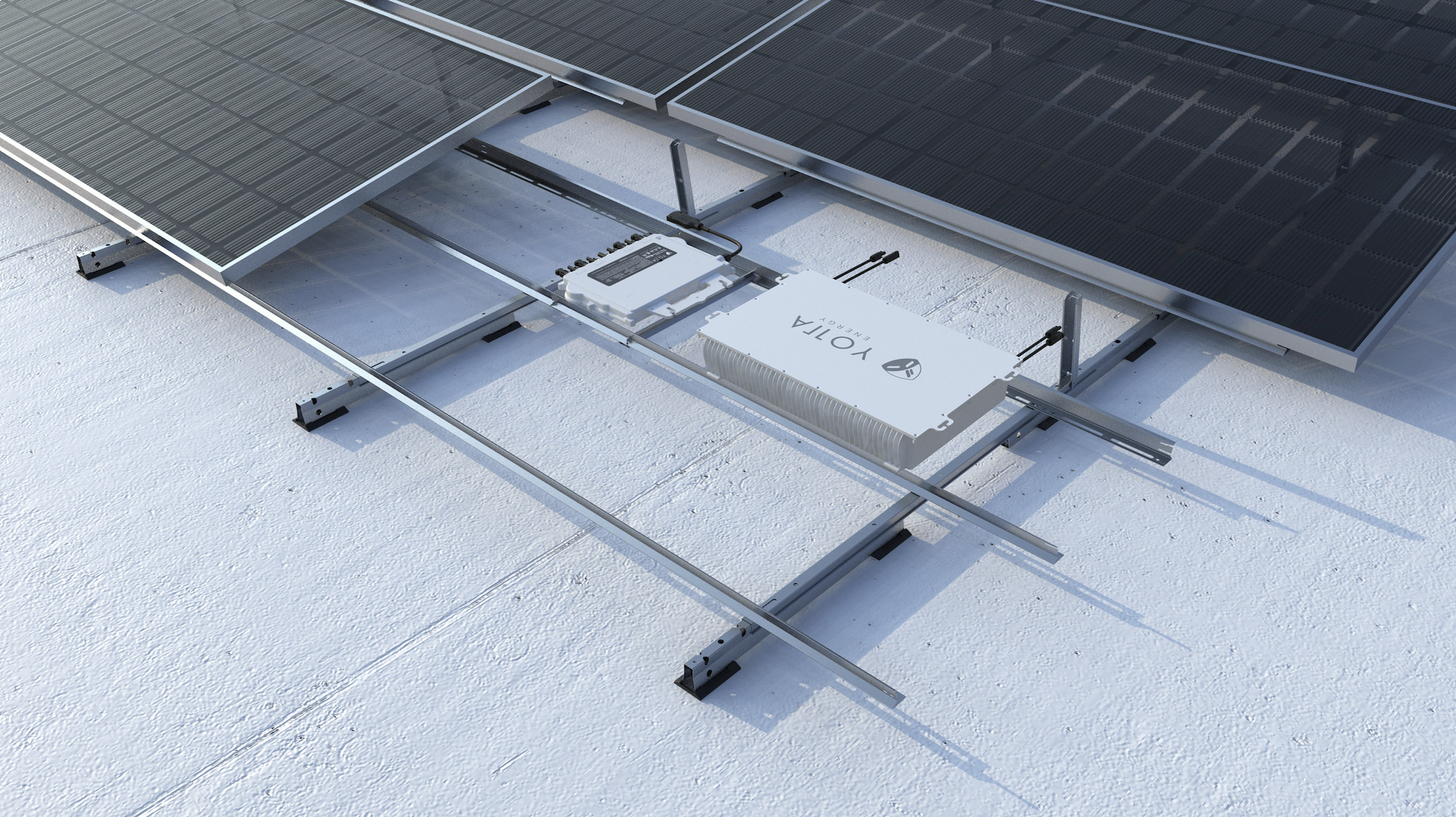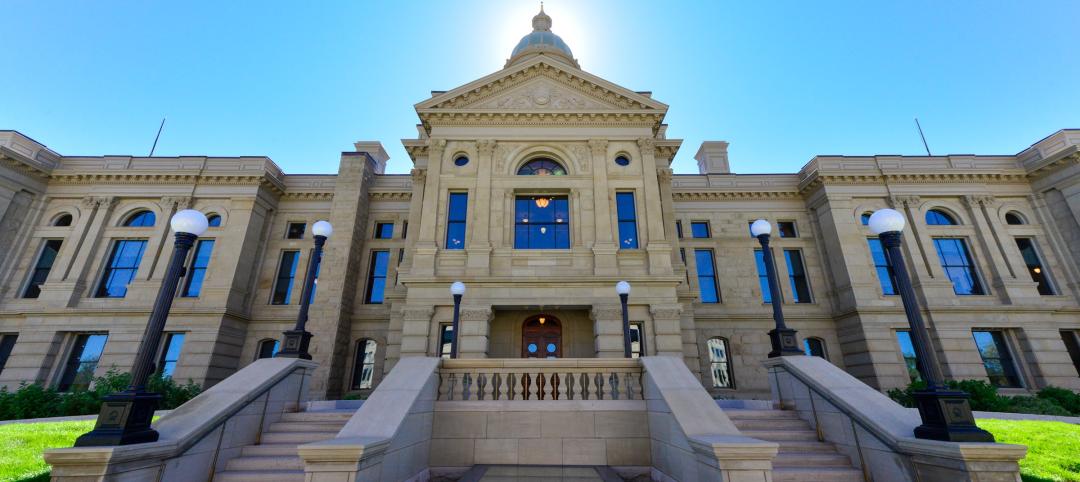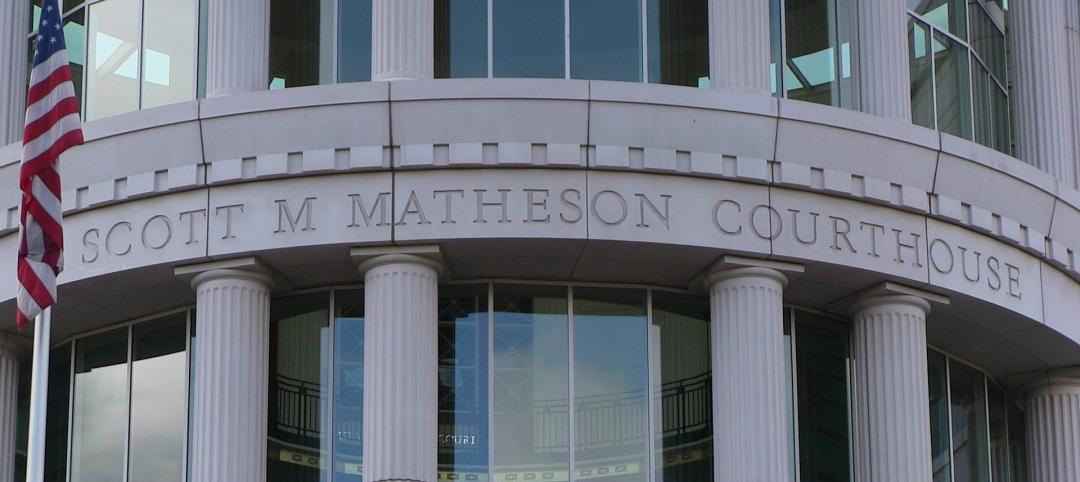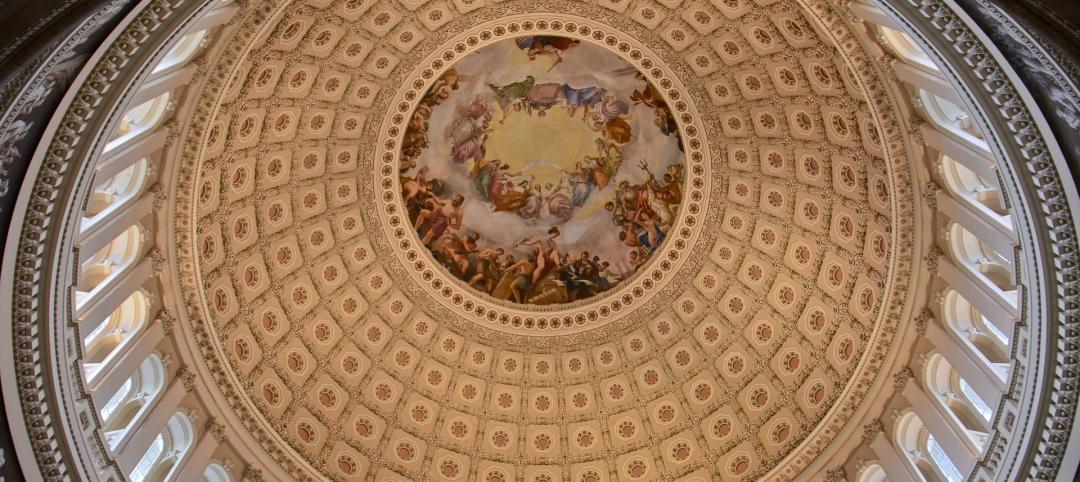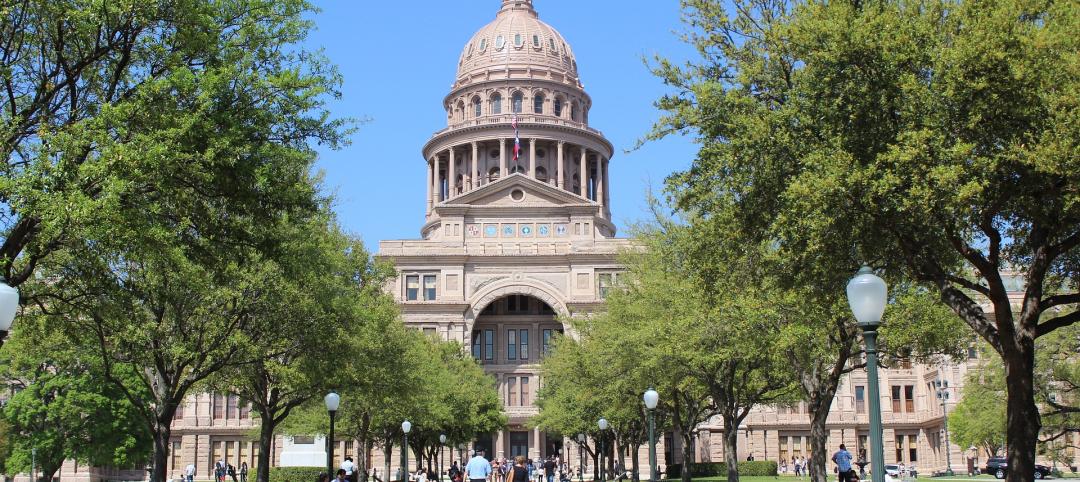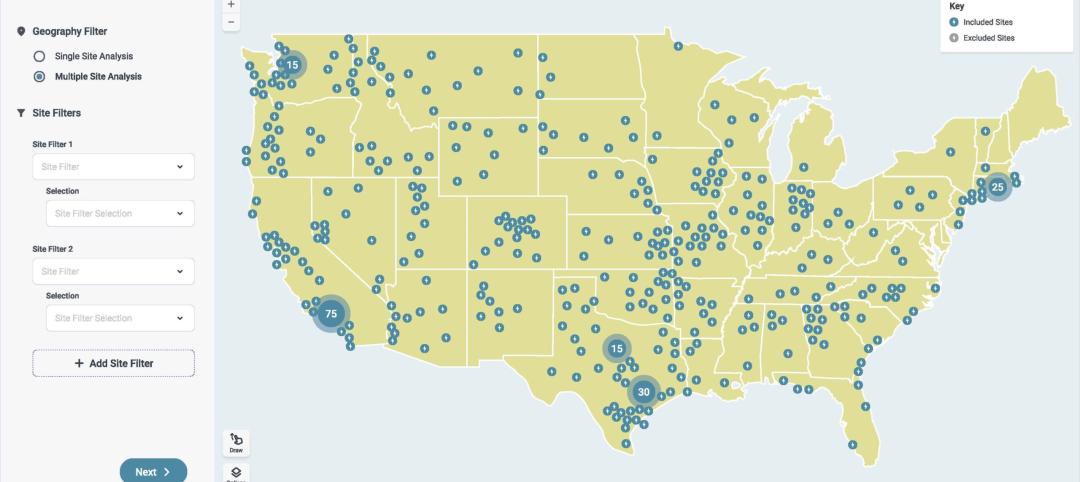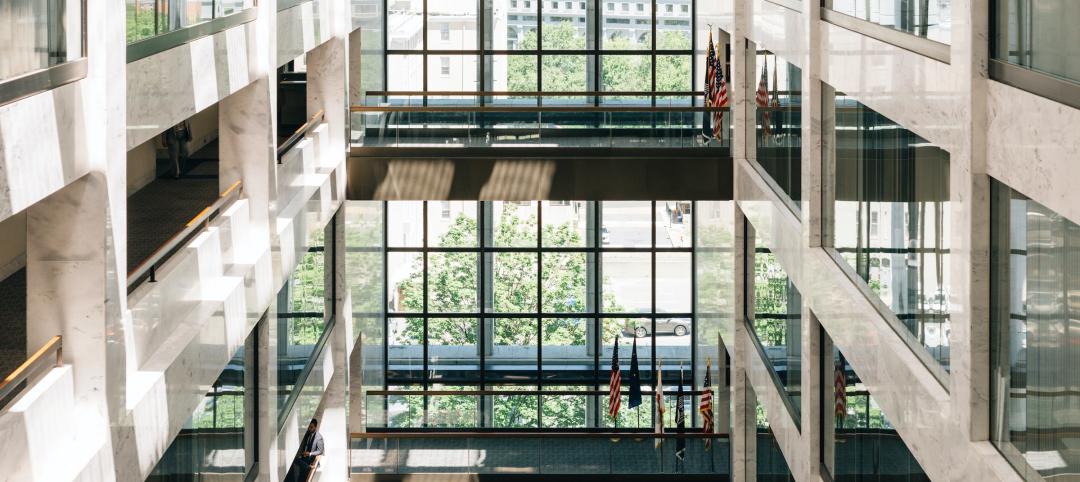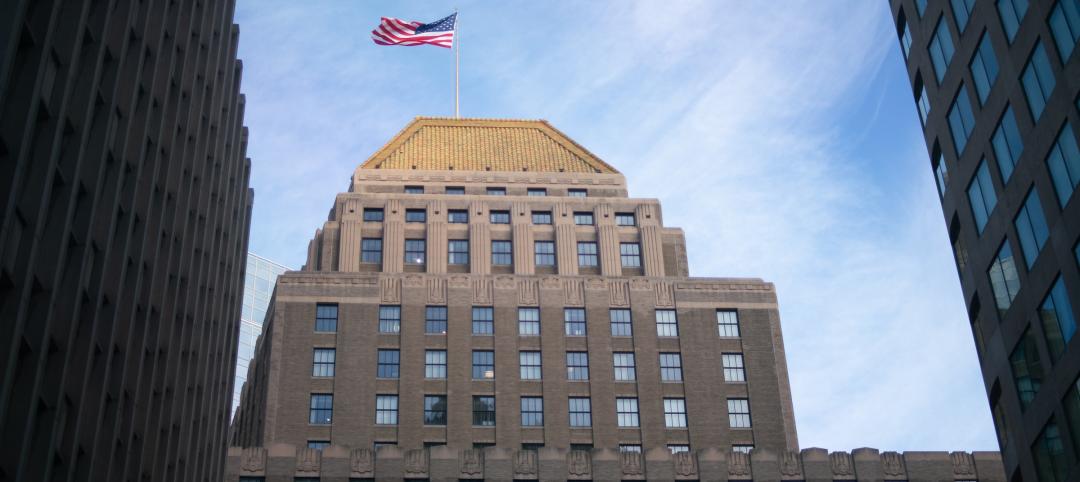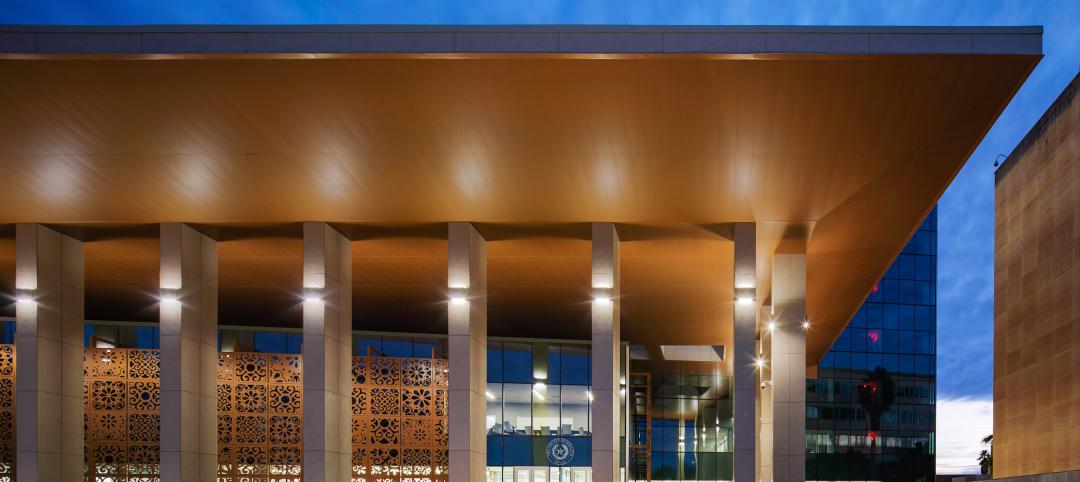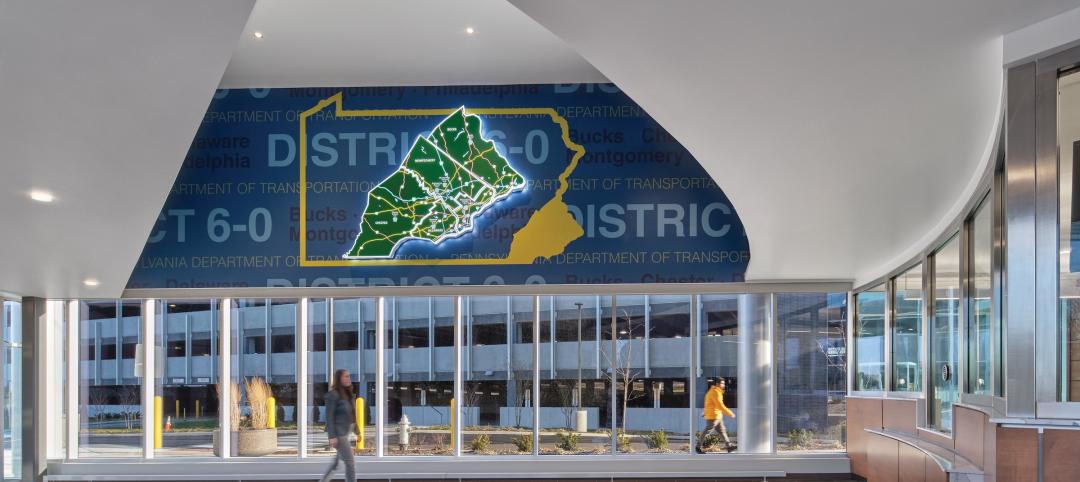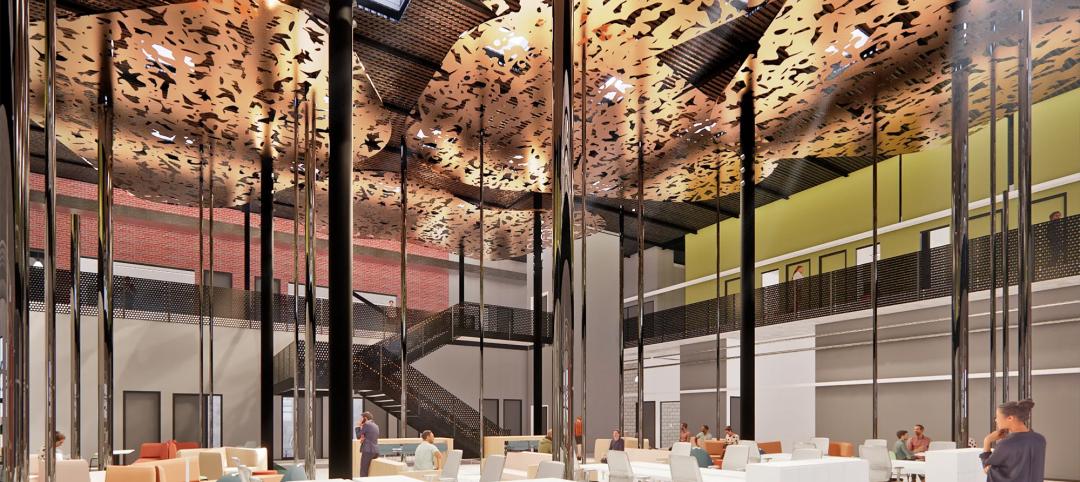The U.S. General Services Administration (GSA), and the U.S. Department of Energy (DOE) will invest $30 million from the Inflation Reduction Act to increase the sustainability of federal buildings by testing novel technologies.
The vehicle for that effort, the Green Proving Ground (GPG) program, will invest in American-made technologies to help increase federal electric vehicle supply equipment, protect air quality, reduce climate pollution, and enhance building performance. This year the GPG program has selected 20 emerging and sustainable technologies for real-world evaluation in GSA’s real-estate portfolio.
The number of technologies tested this year increased four-fold increase over previous years with added funding from the Inflation Reduction Act.
This year’s GPG program focuses on seven technology areas:
- Electric Vehicle Supply Equipment: Turnkey electric vehicle charging infrastructure from Loop Global, optimized charging through charge management software from bp pulse, a battery-buffered DC fast charger from ADS-TEC Energy, and vehicle grid integration (VGI) technology from General Motors LLC.
- Germicidal Ultraviolet technologies: Next-generation LEDs and Far-UVC light to disinfect air without increasing ventilation. The GPG program will evaluate technologies that support healthier buildings while reducing energy use from Far UV Technologies, R-Zero, and PURO (subsidiary of Applied UV Inc.) with the Academy Energy Group.
- Greenhouse Gas Accounting: Technologies essential to achieving 24/7 carbon-free electricity and net zero operational emissions. Cambio AI and nZero will aim to go beyond annual greenhouse gas reporting to operationally focused carbon management, including near-real-time 24/7 carbon-free electricity insights and impacts.
- Grid-Interactive Efficient Buildings: Delivering cost savings by leveraging technologies and strategies that provide continuous demand management and load flexibility. The energy management platform from COI Energy aims to optimize energy use through machine learning.
- High-Performance technologies: Helping reduce operational and embodied carbon emissions by evaluating automated aerosol-based duct sealing from Aeroseal; an Internet-of-Things (IoT) lighting system from Signify North America Corporation; and bio-engineered, low-embodied-carbon concrete from Biomason. DOE will seek commercial partners to validate Toggled, a plug load control solution, and a thermostatic radiator cover and hybrid electrification solution from Kelvin.
- Onsite Renewables: Technology essential to meeting the Administration’s net zero operational emission goals. The GPG program will evaluate an energy storage technology from Yotta Energy that is the size of a large laptop and installed in place of ballast beneath a rooftop photovoltaic system. The program will also pilot a wind turbine from Accelerate Wind that can be installed at the edge of the building roof and complement rooftop solar.
- Window Retrofit technologies: Help improve the performance of a building’s exterior envelope by evaluating three technologies: vacuum-insulated glazing from Pilkington; R14 interior window retrofit system from Vitro Architectural Glass; and, a secondary window framing system from Indow.
Some of these technologies will be tested at GSA’s Applied Innovation Learning Labs to identify replicable combinations of technologies that deliver net-zero operational emissions.
Related Stories
Giants 400 | Dec 11, 2023
Top 90 State Government Building Architecture Firms for 2023
Page Southerland Page, Skidmore, Owings & Merrill, Stantec, and NORR top BD+C's ranking of the nation's largest state government building architecture and architecture/engineering (AE) firms for 2023, as reported in Building Design+Construction's 2023 Giants 400 Report.
Giants 400 | Dec 5, 2023
Top 50 Federal Government Building Construction Firms for 2023
Fluor, BL Harbert, Hensel Phelps, and Turner Construction top BD+C's ranking of the nation's largest federal government building general contractors and construction management (CM) firms for 2023, as reported in Building Design+Construction's 2023 Giants 400 Report.
Giants 400 | Dec 5, 2023
Top 60 Federal Government Building Engineering Firms for 2023
Fluor, WSP, Jacobs, and AECOM head BD+C's ranking of the nation's largest federal government building engineering and engineering/architecture (EA) firms for 2023, as reported in Building Design+Construction's 2023 Giants 400 Report.
Giants 400 | Dec 5, 2023
Top 70 Federal Government Building Architecture Firms for 2023
Page Southerland Page, HOK, Gensler, LEO A DALY, and Stantec top BD+C's ranking of the nation's largest federal government building architecture and architecture/engineering (AE) firms for 2023, as reported in Building Design+Construction's 2023 Giants 400 Report.
Engineers | Nov 27, 2023
Kimley-Horn eliminates the guesswork of electric vehicle charger site selection
Private businesses and governments can now choose their new electric vehicle (EV) charger locations with data-driven precision. Kimley-Horn, the national engineering, planning, and design consulting firm, today launched TREDLite EV, a cloud-based tool that helps organizations develop and optimize their EV charger deployment strategies based on the organization’s unique priorities.
Giants 400 | Nov 6, 2023
Top 100 Government Building Construction Firms for 2023
Hensel Phelps, Turner Construction, Clark Group, Fluor, and BL Harbert top BD+C's rankings of the nation's largest government building sector general contractors and construction management (CM) firms for 2023, as reported in the 2023 Giants 400 Report. Note: This ranking includes revenue from all government building sectors, including federal, state, local, military, and Veterans Affairs (VA) buildings.
Giants 400 | Nov 6, 2023
Top 90 Government Building Engineering Firms for 2023
Fluor, Jacobs, AECOM, WSP, and Burns & McDonnell head BD+C's rankings of the nation's largest government building sector engineering and engineering architecture (EA) firms for 2023, as reported in the 2023 Giants 400 Report. Note: This ranking includes revenue from all government building sectors, including federal, state, local, military, and Veterans Affairs (VA) buildings.
Giants 400 | Nov 6, 2023
Top 170 Government Building Architecture Firms for 2023
Page Southerland Page, Gensler, Stantec, HOK, and Skidmore, Owings & Merrill top BD+C's ranking of the nation's largest government building sector architecture and architecture engineering (AE) firms for 2023, as reported in the 2023 Giants 400 Report. Note: This ranking includes revenue from all government building sectors, including federal, state, local, military, and Veterans Affairs (VA) buildings.
Government Buildings | Oct 27, 2023
A spurt in public spending bolsters AEC firms' government building practices
Nonresidential public construction spending, while only about a quarter of private-sector spending, has been growing at a much faster clip lately. In June, it was up 13.8% to $411.4 billion, with commercial and manufacturing the biggest subsectors, according to Commerce Department estimates.
Government Buildings | Oct 23, 2023
Former munitions plant reimagined as net-zero federal workplace
The General Services Administration (GSA) has embraced adaptive reuse with Building 48, an exciting workplace project that sets new precedents for how the federal government will approach sustainable design.


